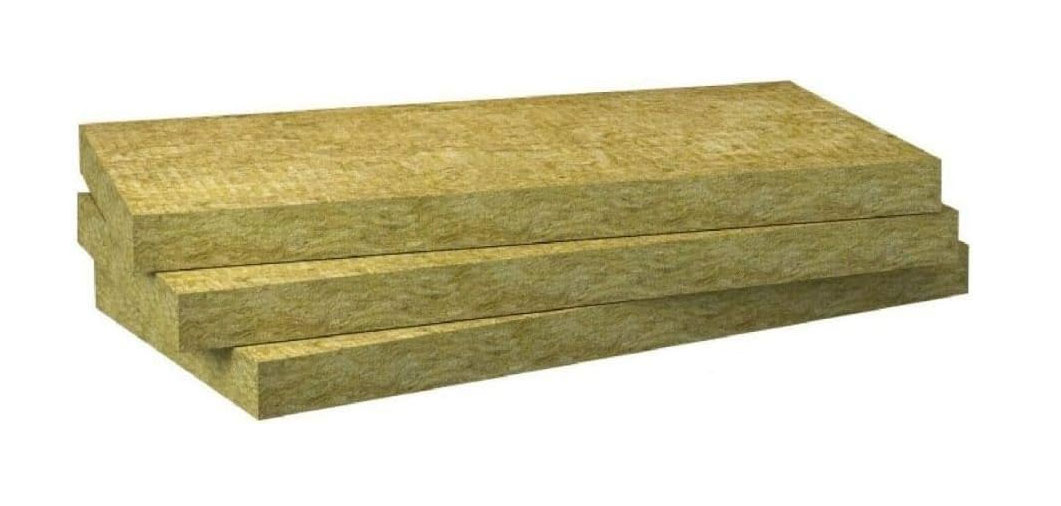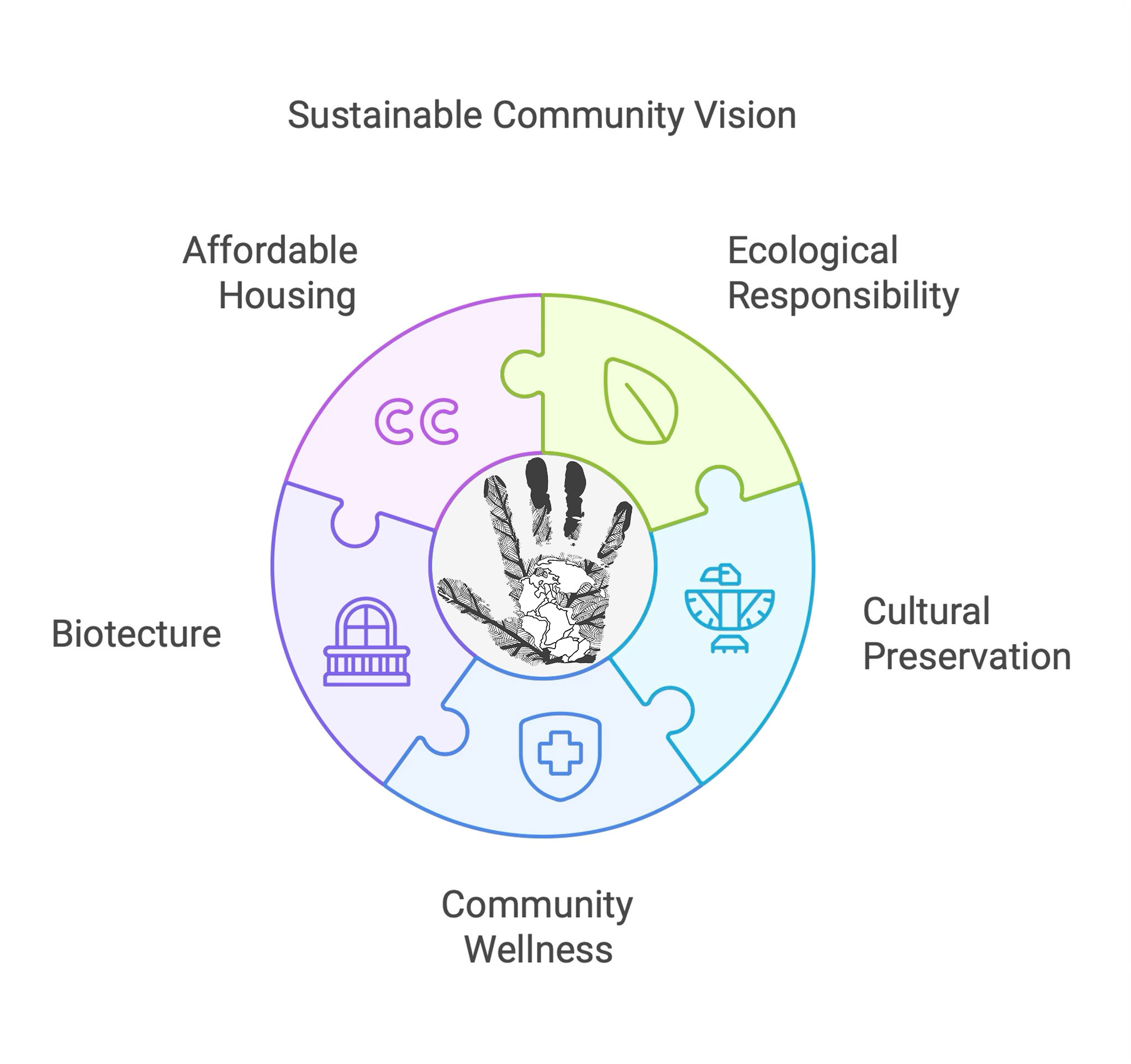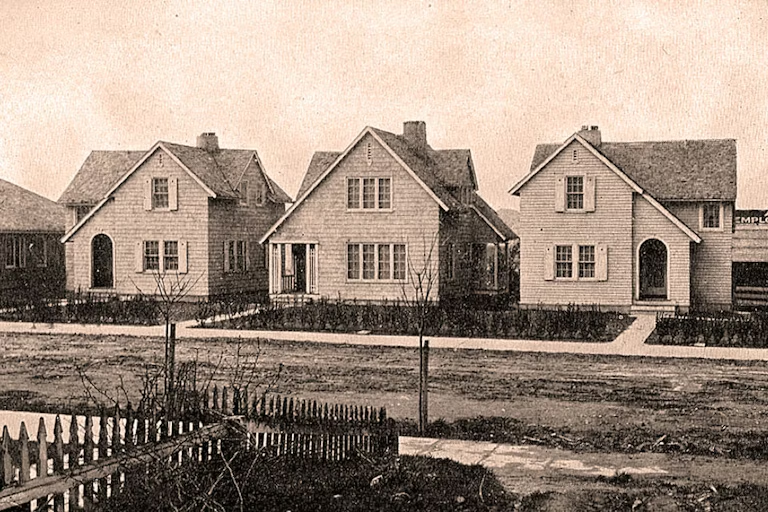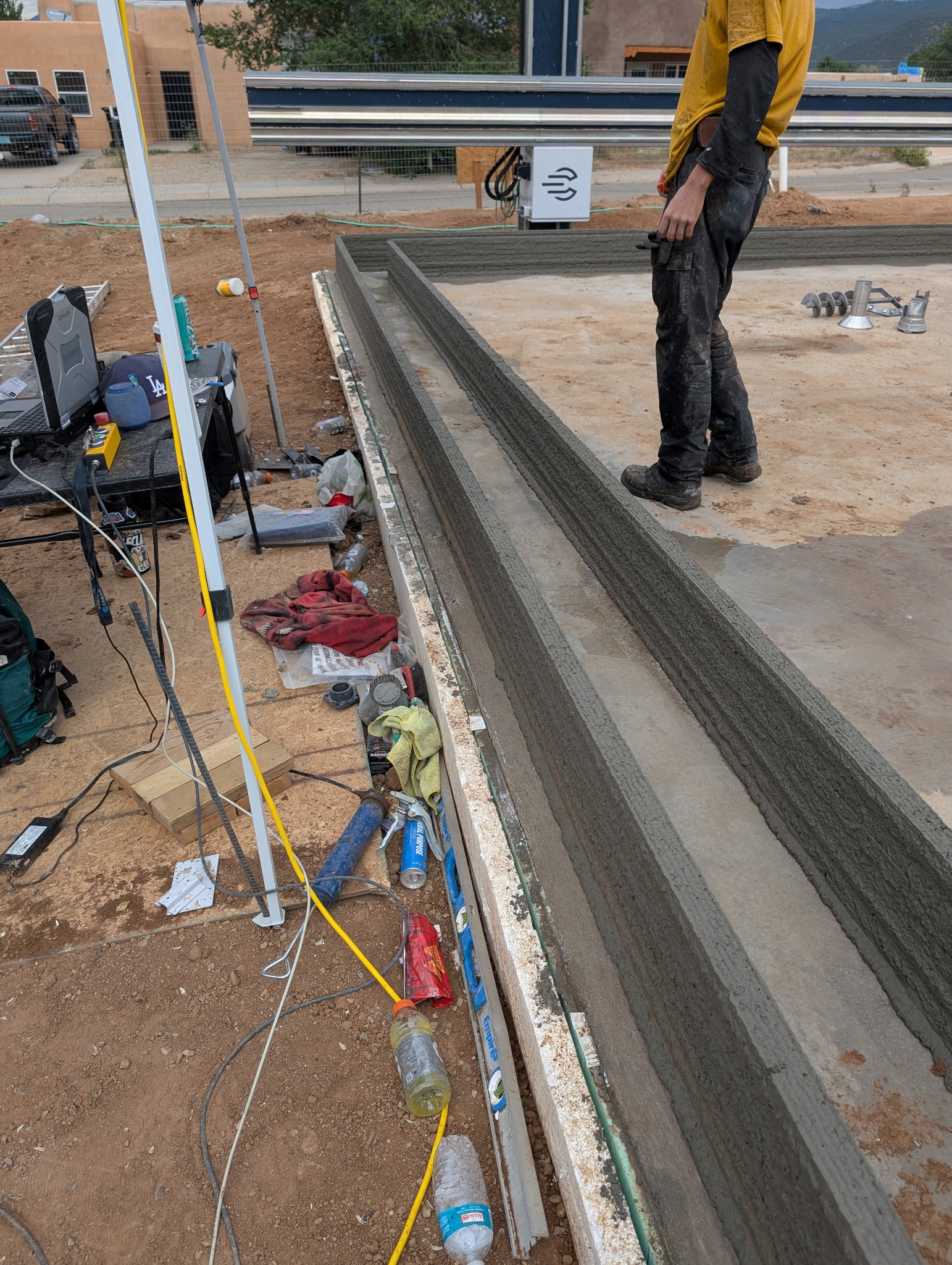With its flooding, dustiness, droughts and packs of coyotes, New Mexico is not an easy place to live off-grid.
Despite this, New Mexico is becoming increasingly popular as a place for people who want to disconnect from the utilities and live a self-reliant lifestyle.
Is Off-Grid Living Legal in New Mexico?
Many parts of New Mexico are still undeveloped and out of reach of the utility companies. So, not only is off-grid living legal, it is the only option in some areas of New Mexico. However, local zoning laws dictate what you can or cannot do on an off-grid property.
New Mexico Zoning Laws and Off-Grid Living
Compared to many other states, New Mexico actually has very permissive zoning laws. You’re even allowed to have livestock in some parts of Albuquerque. It’s also possible to find some land with no zoning at all in New Mexico. For example, Socorro County just south of Albuquerque has no zoning.
Just because an area doesn’t have zoning though, it doesn’t mean you aren’t required to follow building regulations. Because there aren’t any inspectors coming out to check in some of these no-zoning areas, a lot of people illegally build without permits. It’s a huge risk though, so it’s always better to try to find a way to build your off-grid home within the regulations than pay a price later.
Qualifying as a Farm in New Mexico
Land with “agricultural or grazing classification” in New Mexico is taxed at a lower valuation. To qualify, you first have to apply for a valuation. An assessor will come out and inspect the land and can ask to see financial records related to your farm business and expenses. You’ll need to have the land re-assessed every 3-5 years. You can learn more here.
Read:
Off-Grid Electricity in New Mexico
Disconnecting from the electric grid is legal in New Mexico. However, the New Mexico electrical code does have some language that implies that all dwellings must be connected to some sort of electrical system. Bear in mind that many of these laws were designed to discourage the use of candles and other fire hazards.
For example, the law states, “on single family dwellings at least one wall switch, located within five (5) feet from each entrance or exit or automatic lighting control such as a motion detector shall be installed to control exterior illumination.”
There is no law which states that this electric system must be grid-tied though. In fact, many areas of New Mexico don’t have power lines running nearby and the state even recommends off-grid systems as alternatives.
Solar
As the second sunniest state in the USA, New Mexico is great for solar power. The state even offers incentives for installing solar systems.
- New Solar Market Development Income Tax Credit: You get 10% or up to $6,000 back on the cost of your solar system.
- Solar Installation Sales Tax Exemption: You won’t have to pay any sales tax on most parts of the solar system and installation.
- New Mexico Sustainable Building Tax Credit (SBTC): New homes certified as sustainable by the US Green Building council can get up to $6.50 per square foot.
- Property Tax Exemption: The value of the solar system is not counted in your property taxes in New Mexico.
- Net metering: For grid-tied solar systems
Off-Grid Water in New Mexico
Not surprisingly, New Mexico has very strict water-use laws. All water is owned by the public and water rights are regulated by the Office of the State Engineer. Getting water rights can be complicated, expensive, and doesn’t even fully guarantee that you’ll be able to use the water in times of drought.
Surface Water
Unless you are very lucky or have a huge budget, it’s unlikely that you’ll find property next to a surface water source in New Mexico. Even if you do have water such as a stream going through your property, you’ll still need to purchase the water rights before you can legally use that water.
Water rights are incredibly expensive in New Mexico. Reports say that they’ve gone as high as $45,000 for an acre-foot per year in the Santa Fe area. In the Middle Rio Grande area, water rights have cost up to $35,000 and up to $2,400 in the Roswell Artesian Basin.
During droughts, Native Americans have first water rights followed by senior water rights holders. Junior water rights holders might not receive their full allotment of water.
New Mexico law also requires that water be put to “beneficial use”. It’s possible to lose your water rights if they aren’t being used or are deemed not-beneficial.
Well Water
Even though water rights are so strict in New Mexico, it is still easy to get well water. Permits for wells are automatically granted. Statewide, only licensed well drillers are allowed to drill a well.
There usually aren’t too many local restrictions for well-drilling. However, if you want to drill a well near a “stream-connected basin”, you will probably face many restrictions which are designed to preserve the stream.
Also note that it can be very expensive to install some types of underground tanks for holding water. The application alone for “underground storage and recovery permit” costs $5,000 plus $5 per acre-foot of proposed annual storage.
Rainwater
Rainwater harvesting isn’t only legal in New Mexico, but it is encouraged by the government. Santa Fe even requires rainwater harvesting on new homes. You can read the law here. The city also has rebates for rainwater harvesting systems, which you can read about here.
Other areas in New Mexico also offer rebates and incentives for capturing rainwater, such as the Xeriscape rebate program in Albuquerque.
Graywater Recycling
Graywater recycling is legal in New Mexico. This even includes recycling black water. Some areas offer rebates for installing graywater recycling systems, such as Santa Fe’s “laundry to landscape” rebate. You can learn more about graywater recycling in NM here.
Sewage and Waste Removal
The New Mexico Environmental Department is in charge of regulating solid waste removal. In general, the state is fairly relaxed and getting permits for septic tanks and off-grid sewage systems is reasonably easy. The main issue is whether the system could affect groundwater which people use for wells.
Compost Toilets
Compost toilets are legal in New Mexico. The law states that they must be installed according to New Mexico plumbing code and the local plumbing authority. However, unless you get conditional approval from your local health officer, it is illegal to use just a compost toilet. You will also need to have a septic system for the solid and liquid waste from the compost toilet.
To get conditional approval to use just a compost toilet, you must:
“Demonstrate that the proposed system, by itself or in combination with other on-site liquid waste systems, will neither cause a hazard to public health nor degrade a body of water and that the proposed system will provide a level of treatment at least as effective as that provided by on-site liquid waste systems.” and “the system shall be reviewed by the wastewater technical advisory committee pursuant to 20.7.3.905 NMAC.” Read the details here.
Note that some counties address compost toilets in their local laws. For example, San Bernalillo law says that NSF 41 compost toilets are legal, but they are treated as holding tanks. Permits are only valid for one year and need to be renewed.
Outhouses/Latrines
Outhouses, including unlined pit latrines, are legal in New Mexico. The state considers outhouses to be a “conventional treatment system”. Compared to many other states, the regulations are fairly relaxed though are obviously stricter in urban areas. You can read more about the law on the state website here.
Garbage Removal
Many rural areas of New Mexico do not require residents to pay for garbage removal services. However, there are usually strict rules against burying or burning trash. You’ll have to check with the county for the rules.
Other Off-Grid Laws in New Mexico
- Tiny Houses: New Mexico has laws which are friendly towards tiny homes. Tiny homes have their own codes which include exemptions from the normal building codes. It varies depending on zoning, but the law usually requires tiny homes to sit on a foundation and are connected to an approved onsite sewage system.
- RVs/Mobile homes: On any zoned land, the laws about living in an RV in New Mexico are usually fairly strict. The biggest concern for most counties is that the RV is connected to an onsite sewage system.
- Earthen homes: Earthen homes are legal in New Mexico. They are specifically addressed in building codes, which you can read here.







Leave A Comment